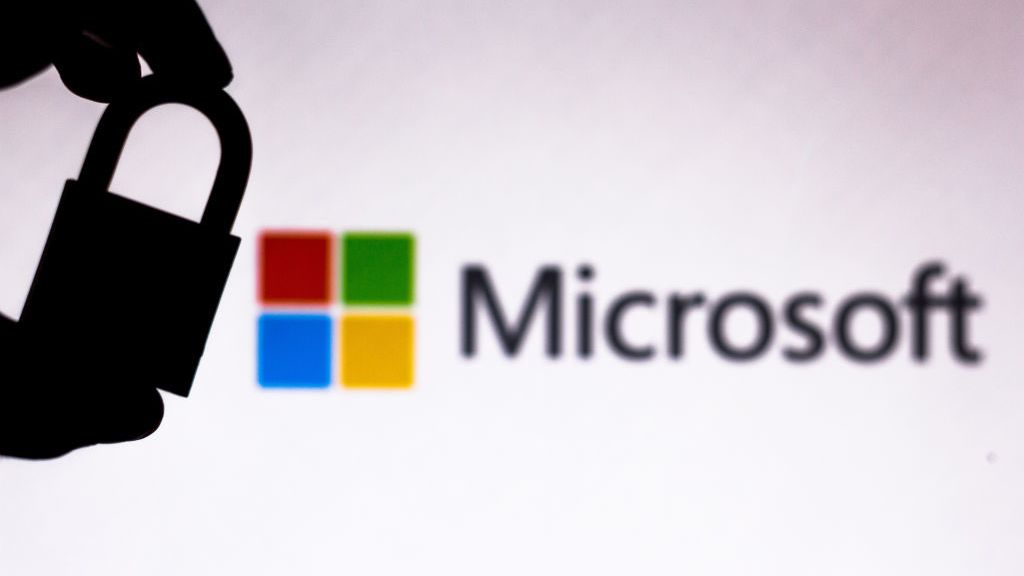Western Europe spam drop ‘significant’
A significant spam drop was seen across Western Europe in December, Kaspersky says.


Both Western Europe and the US have seen a notable fall in spam, according to Kaspersky Lab.
Despite seeing declines, the UK still put out more than both France and Germany, being responsible for 4.3 per cent of all global spam in December, the Russian security giant found.
India was the biggest spamming offender, sending out nearly 10 per cent of all spam, whilst Russia came in second place.
Kaspersky praised the anti-botnet campaigns undertaken in the West for contributing to the fall in spam.
Last November, a drop in spam was largely attributed to the closure of over 20 control centres used by the Pushdo/Cutwail botnet, as well as the Bredolab shutdown.
The UK also saw its share of all malware detected in email traffic drop to below three per cent, meaning the nation fell to 10th place overall, having been in the top three until October.
"Immediately before the start of the holidays we witnessed a dip in the amount of spam," said Maria Namestnikova, senior spam analyst at Kaspersky Lab.
Get the ITPro daily newsletter
Sign up today and you will receive a free copy of our Future Focus 2025 report - the leading guidance on AI, cybersecurity and other IT challenges as per 700+ senior executives
"This is a seasonal phenomenon at the end of the year the amount of spam mailings always falls off because a lot of the infected botnet computers are switched off."
WikiLeaks
Spammers still used current affairs in December, hitting on the WikiLeaks affair in particular.
Kaspersky noted numerous cases where spammers had called on users to spread WikiLeaks links, supposedly in support of democracy.
To get around spam filters, spammers included WikiLeaks in background noise texts, including material actually published from the site.
Sometimes the culprits had included WikiLeaks in links to try and evade filters.
"Spam is usually dominated by the Christmas and New Year holiday theme in December, but in 2010 it had to share the limelight with WikiLeaks, which once again underlines just how serious the scandal surrounding the website was at the end of the year," Namestnikova added.
Tom Brewster is currently an associate editor at Forbes and an award-winning journalist who covers cyber security, surveillance, and privacy. Starting his career at ITPro as a staff writer and working up to a senior staff writer role, Tom has been covering the tech industry for more than ten years and is considered one of the leading journalists in his specialism.
He is a proud alum of the University of Sheffield where he secured an undergraduate degree in English Literature before undertaking a certification from General Assembly in web development.
-
 AI is helping bad bots take over the internet
AI is helping bad bots take over the internetNews Automated bot traffic has surpassed human activity for the first time in a decade, according to Imperva
By Bobby Hellard
-
 Two years on from its Series B round, Hack the Box is targeting further growth
Two years on from its Series B round, Hack the Box is targeting further growthNews Hack the Box has grown significantly in the last two years, and it shows no signs of slowing down
By Ross Kelly
-
 Seized database helps Europol snare botnet customers in ‘Operation Endgame’ follow-up sting
Seized database helps Europol snare botnet customers in ‘Operation Endgame’ follow-up stingNews Europol has detained several people believed to be involved in a botnet operation as part of a follow-up to a major takedown last year.
By Emma Woollacott
-
 Horabot campaign targeted businesses for more than two years before finally being discovered
Horabot campaign targeted businesses for more than two years before finally being discoveredNews The newly-discovered Horabot botnet has attacked companies in the accounting, investment, and construction sectors in particular
By Ross Kelly
-
 Brand-new Emotet campaign socially engineers its way from detection
Brand-new Emotet campaign socially engineers its way from detectionNews This latest resurgence follows a three-month hiatus and tricks users into re-enabling dangerous VBA macros
By Ross Kelly
-
 Microsoft says “it’s just too difficult” to effectively disrupt ransomware
Microsoft says “it’s just too difficult” to effectively disrupt ransomwareNews The company details its new approach to combatting cyber crime as the underground industry drains $6 trillion from the global economy
By Connor Jones
-
 Beating the bad bots: Six ways to identify and block spam traffic
Beating the bad bots: Six ways to identify and block spam trafficIn-depth Not all traffic is good. Learn how to prevent bad bots from overrunning your website
By Sead Fadilpašić
-
 Ukraine's vigilante IT army now has a DDoS bot to automate attacks against Russia
Ukraine's vigilante IT army now has a DDoS bot to automate attacks against RussiaNews The 270,000-strong IT Army of Ukraine will now combine supporters' cloud infrastructure to strengthen the daily attacks against their invaders
By Connor Jones
-
 Microsoft's secure VBA macro rules already being bypassed by hackers
Microsoft's secure VBA macro rules already being bypassed by hackersNews Recent analysis of Emotet activity has revealed a shift away from malicious Office documents to drop malware
By Connor Jones
-
 Emotet infrastructure has almost doubled since resurgence was confirmed
Emotet infrastructure has almost doubled since resurgence was confirmedNews Researchers confirm the infrastructure has also been upgraded for a "better secured", more resilient operation
By Connor Jones